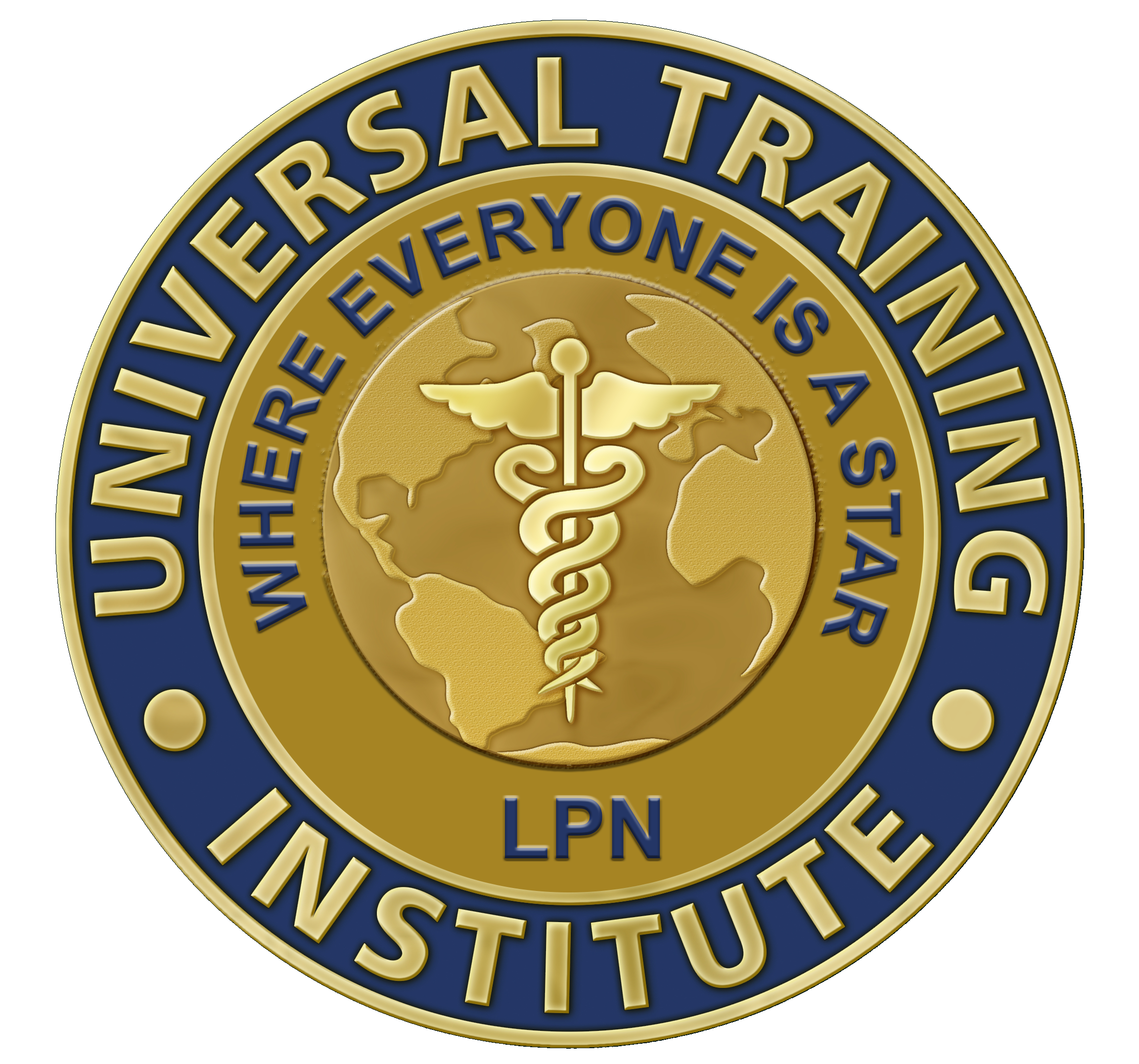Practical nurses are essential to the healthcare profession, serving as vital links between physicians, registered nurses, and patients. Practical nurses function as members of the client care team in planning, implementing and evaluating nursing care. The practical nurse engages in a multitude of tasks including the following: assisting the client to learn appropriate self-care techniques; observing, recording, and reporting to appropriate supervisory personnel the client’s general physical and mental condition and any signs and symptoms that may be indicative of change; administering medications; performing wound care; and, preparing patients for operative procedures and other treatments.
In order to obtain the required license to work as a practical nurse in the State of New Jersey, the graduate must take and pass the NCLEX-PN exam.
The knowledge and skills taught in the program prepare the graduate for entry-level employment as a Licensed Practical Nurse. Upon successful completion of the program curriculum and after satisfaction of all other graduation requirements, the student will be awarded a Diploma as a Practical Nurse.
The normal completion time, in months, for the day session is twelve (14) months. Lecture class size is limited to thirty (30) students for a student/teacher ratio of 1:30. Lab and clinical student/teacher ratios are limited to 1:10.
All graduates must take and pass the National Council of Licensing Examination (NCLEX) to obtain licensure in their respective state.
Program Objectives
Upon completion of the Practical Nurse Program, the graduate will be able to:
- Practice nursing safely using a holistic human needs framework.
- Communicate effectively with clients, families and members of the healthcare team.
- Implement caring behaviors in variety of settings using the nursing process.
- Adhere to the legal and ethical standards of practice.
- Use critical thinking in the decision making process.
- Demonstrate responsibility for continuing professional and personal development.
